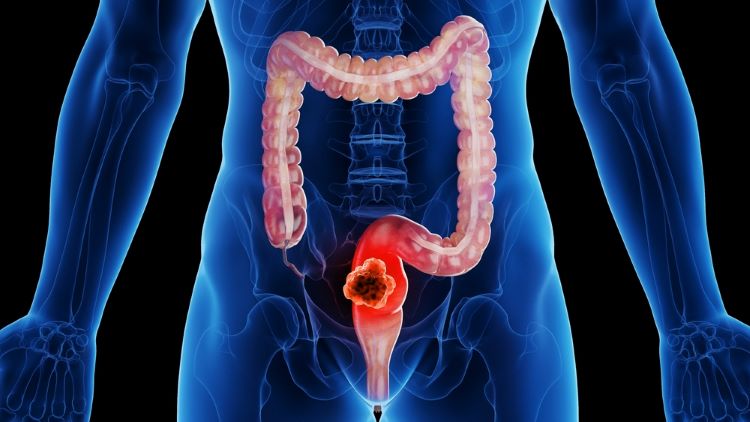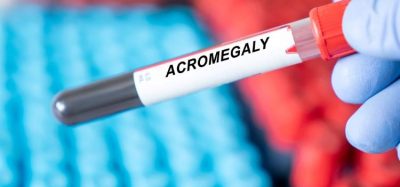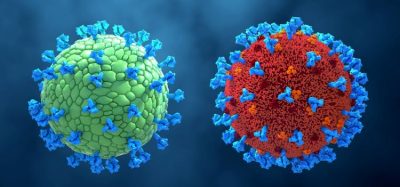Biologic demonstrates durable tumour regression in rectal cancer
Posted: 5 June 2024 | Catherine Eckford (European Pharmaceutical Review) | No comments yet
The updated, longer-term Phase II trial results suggest that the antibody therapy could offer a novel approach for treating advanced rectal cancer.


New clinical data from a Phase II trial for rectal cancer has revealed a 100 percent clinical complete response rate following first-line therapy with Jemperli (dostarlimab-gxly). These findings from GSK reflect outcomes from 42 patients with mismatch repair deficient (dMMR) locally advanced rectal cancer who finished the treatment. The trial investigated the therapy as an alternative to surgery.
While the biotech firm AnaptysBio, Inc discovered Jemperli, as part a collaboration and exclusive license agreement, GSK is responsible for the ongoing R&D, commercialisation, and manufacturing of the programmed death receptor-1 (PD-1)-blocking antibody.
GSK highlighted that the first 24 patients demonstrated “a sustained clinical complete response, with a median follow-up of 26.3 months was observed”.
The company confirmed that Jemperli (dostarlimab-gxly)’s safety and tolerability was “generally consistent” with the agent’s existing profile. No grade 3 or higher adverse events were reported in the Phase II trial.
Promise of the biologic therapy
“data showing no evidence of disease in 42 patients [with mismatch repair deficient (dMMR) locally advanced rectal cancer] is remarkable”
“These findings demonstrate the potential of dostarlimab-gxly as a novel approach to treating locally advanced dMMR rectal cancer that leads to durable complete tumour regression without the need for life-altering treatment,” shared Dr Andrea Cercek, Section Head of Colorectal Cancer and Co-Director of the Center for Young Onset Colorectal and Gastrointestinal Cancer, MSK, and the study’s principal investigator.
Hesham Abdullah, Senior Vice President, Global Head Oncology, R&D, GSK noted that the data showing “no evidence of disease in 42 patients is remarkable”.
The updated analysis for the biologic Jemperli were presented at the 2024 American Society of Clinical Oncology (ASCO) Annual Meeting (abstract LBA3512).
These long-term results build on data first presented at the 2022 ASCO Annual Meeting and published in The New England Journal of Medicine.
Advancing cancer treatment with Jemperli
In December 2023, Jemperli in combination with carboplatin-paclitaxel chemotherapy was granted EU approval for certain patients with mismatch repair deficient (dMMR)/microsatellite instability-high (MSI-H) primary advanced or recurrent endometrial cancer.
Related topics
Anti-Cancer Therapeutics, Antibodies, Big Pharma, Biologics, Biopharmaceuticals, Clinical Development, Clinical Trials, Data Analysis, Drug Development, Drug Safety, Research & Development (R&D), Therapeutics









